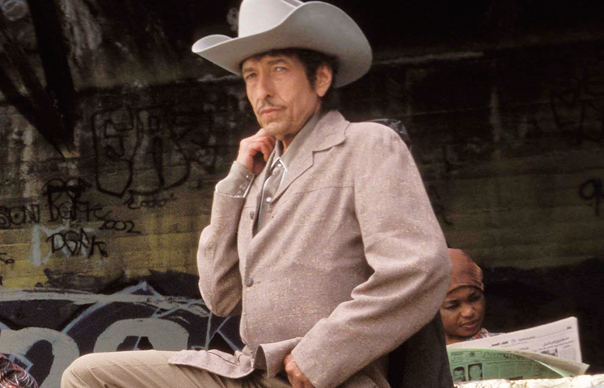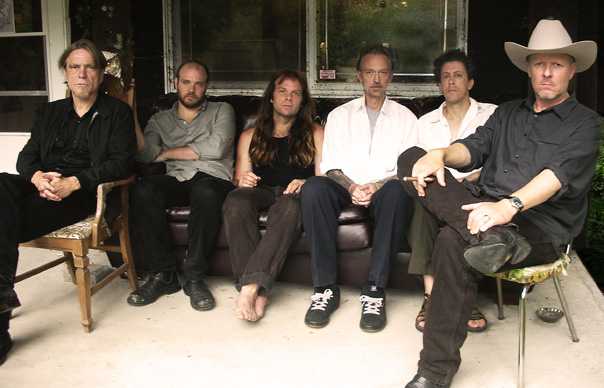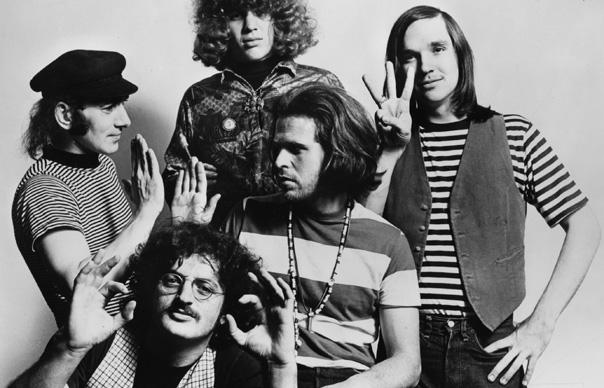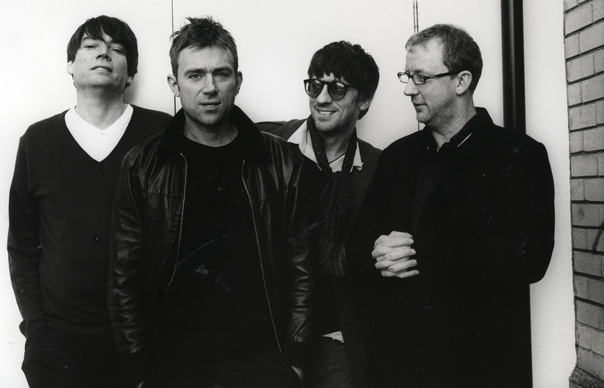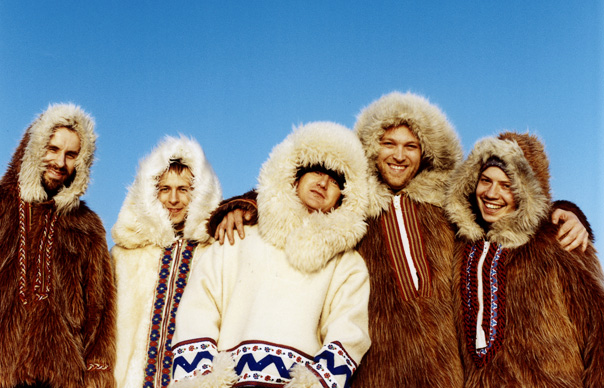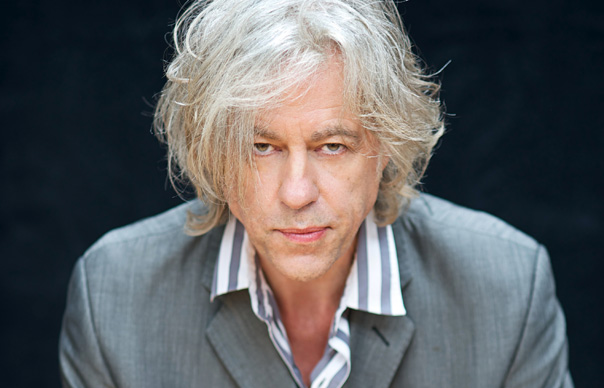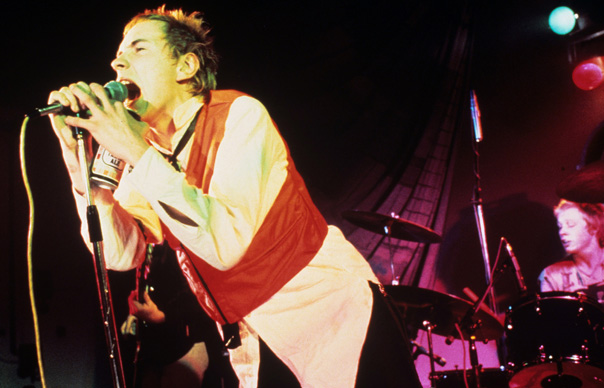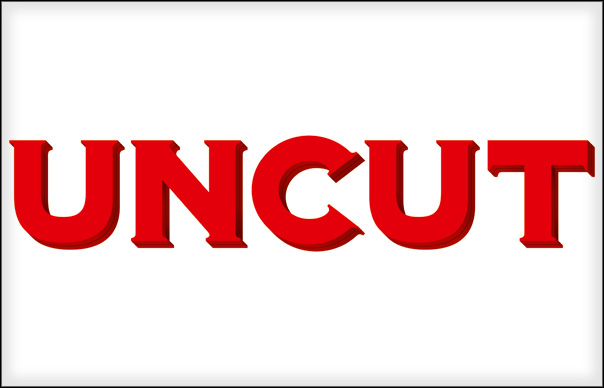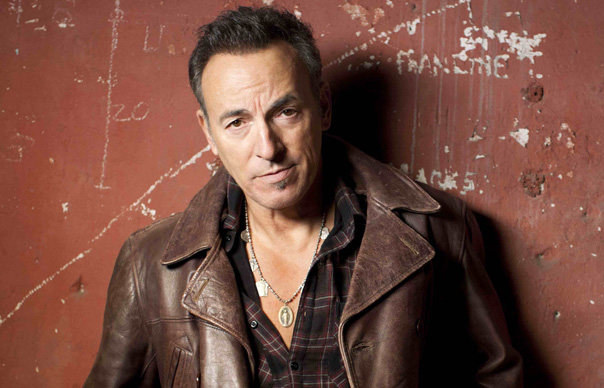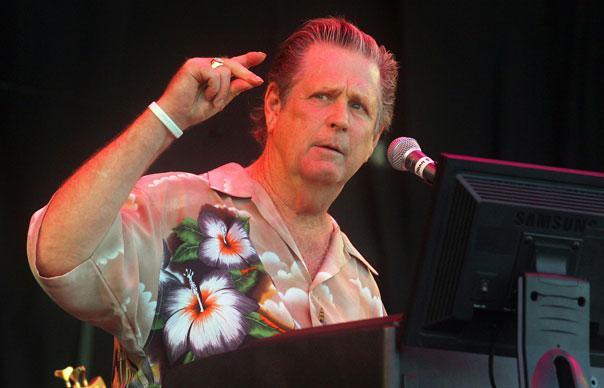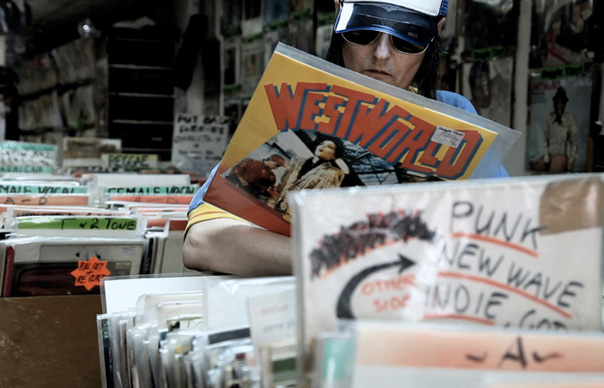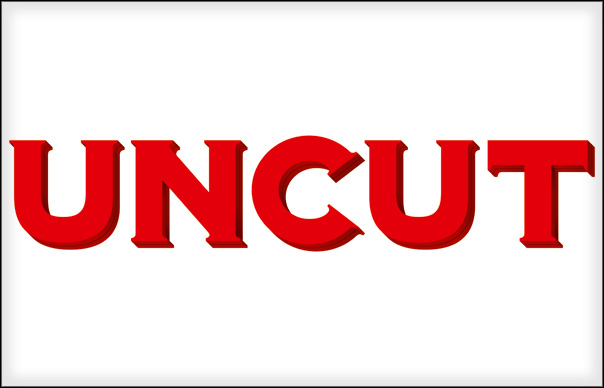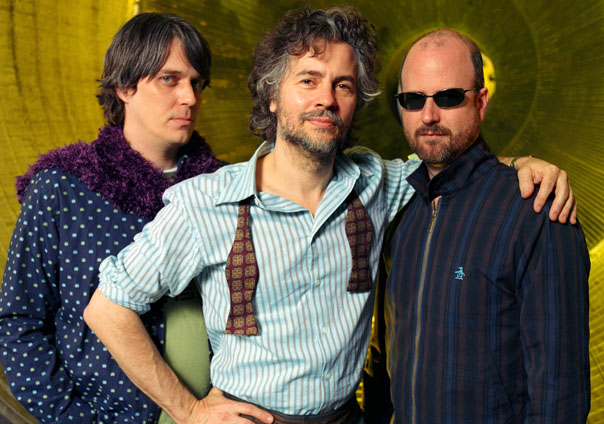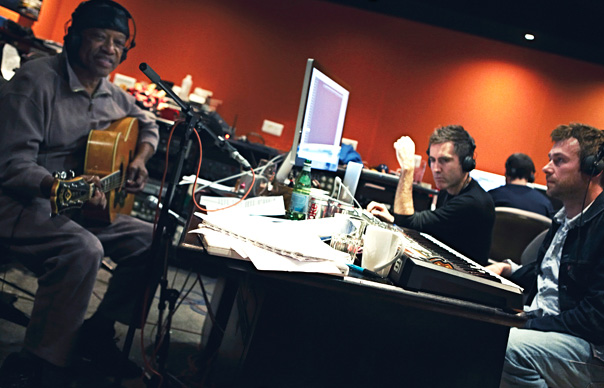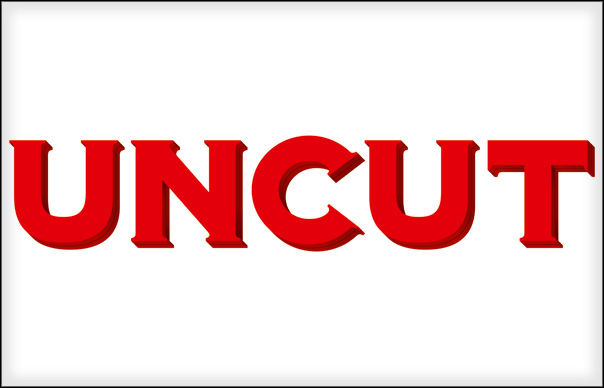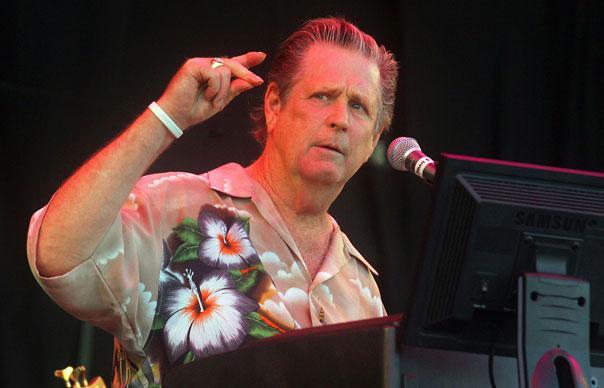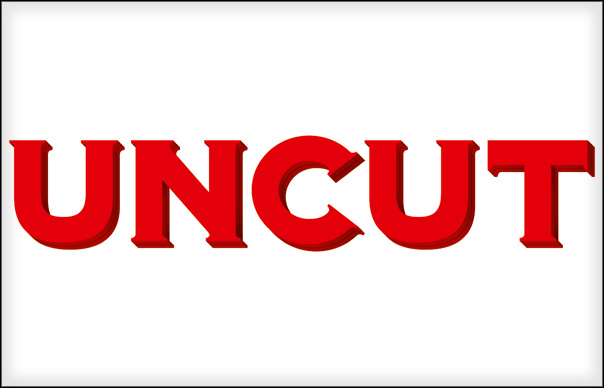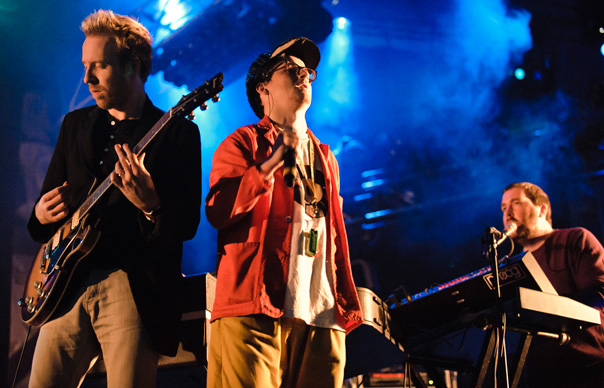Some news first of all on our iPad app version of ‘Bruce Springsteen: The Ultimate Music Guide’, which is finally on sale.
As with the print edition, the Bruce Ultimate Music Guide offers an in-depth overview of Springsteen’s entire career through a host of classic interviews, unseen for years, from the archives of NME and Melody Maker, plus new reviews of all of his studio albums, including this year’s Wrecking Ball.
Also included in the app are classic photo galleries, video links and playable MP3 samples of every track on his studio albums. Other highlights include ‘Introducing The E Street Band’, a fully interactive guide to each member of one of the greatest rock groups ever, and is something of a master-class, according to experts, in Springsteen collectables and rarities.
The first chapter of ‘Bruce Springsteen: The Ultimate Music Guide’ is available now for free from iTunes – the other four chapters are available for 69p each. Go here to get them: http://itunes.apple.com/us/app/bruce-springsteen/id518672897?ls=1&mt=8?ls=1&mt=8?utm_source=uncut&utm_medium=ads&utm_campaign=Uncutnewsletter
Back in the Uncut office, meanwhile, the last of the decorative bunting is going up in anticipation of this weekend’s Jubilee celebrations, the Uncut editorial team all done up rather splendidly in a gay variety of Union Jack waistcoats and top hats, draped in flags and festooned with rosettes and the colourful like.
I have been taken rather aback – gobsmacked is the technical term – to discover that among this excited cheering throng are people who are too young to remember the 1977 Silver Jubilee, which old lags like myself have been turning up to reminisce about on TV news reports and in various newspaper features.
It may be an opportune moment, therefore, to dust off the following account of what for some of us was the Silver Jubilee’s singular highlight, The Sex Pistols’ boat trip up on the Thames on Jubilee Day itself, an eventful trip that went something like this:
LONDON: June, 1977. I get a call from my friend Al Clark, head of press at Virgin Records. He wants to know what I’m planning for the Queen’s Silver Jubilee. I tell him I’m seriously thinking about climbing to the top of the tallest nearby building and raking street parties with hostile gunfire. He’s kind enough to laugh at this, but I can tell he’s pretty stressed.
And no wonder. Virgin have recently signed The Sex Pistols, and they’re proving quite a handful for Al – Fleet Street constantly on the phone, digging for dirt – after several years dealing with more typical Virgin acts like Gong and Hatfield & The North, in whom even the music press have long-since lost interest. Things are heating up even more for Al right now, following the release on May 27 of the Pistols’ “God Save The Queen”. At which point, of course, all hell breaks loose. Fleet Street’s glare these last couple of weeks has been blinding, like nothing Al has ever known – Henry Cow and Wigwam never coming in for this kind of treatment.
Anyway, what he’s telling me now is something I’m not supposed to mention to anyone else – as if! – but the gist of it is that in a gloriously calculated act of defiance the Pistols will be sailing down the Thames on a boat they’ve hired and on which they intend to play a short set as they cruise past the Houses of Parliament, some time during the late evening of Monday, June 7: Jubilee Day itself, the 25th anniversary of the Queen’s accession. Do I want to be there? I don’t even have to think about it.
I arrive with a friend at Charing Cross Pier in the early afternoon. It’s a grim old day, overcast, the sky dull and gloomy, a nipping wind coming off the river. Down on the pier, it’s bedlam. Word about the trip’s got out, obviously, and there’s a teeming horde of punks trying to get on the boat, which my friend now points out is called The Queen Elizabeth. Someone with a clipboard and a guest-list is trying to maintain order, but it’s a losing battle, and he starts shouting for the boat to pull away from the pier.
It’s touch and go at this point whether we’re going to make it onto the boat before it – what? – casts off, I guess is the nautical phrase I’m looking for. A bit of pushing and a fearless amount of barging, however, and we’re at the bottom of the gang-plank and then we’re on the boat. Behind us on the pier, it’s more chaotic than ever. Furious punks, angry at being excluded from the Pistols’ party, are screaming, spitting and cursing. Some of them leap from the pier, cling to the side of the boat, scramble onto the deck. There’s a splash or two as the boat chugs down river, out of their reach. Packs of them now begin to race along the Embankment, trying to keep up with us as we steam out into the middle of the Thames, heading towards Greenwich. On one of the bridges ahead of us, we can see a gang of punks dismantling a road sign. As the boat goes under the bridge, they lob the road sign – this huge metal sheet – over the side of the bridge, onto the deck of the boat, which it hits with an enormous clang, luckily killing no one.
The mood on The Queen Elizabeth is oddly sour, tense, vaguely unpleasant. There’s not much sense of this being any kind of celebration. The atmosphere’s too fraught. Every other person you bump into is speeding off their tits, everyone hitting the sulphate early and washing it down with can-after-can of lager, beer, whatever. We’re going back up river now, towards Chelsea Bridge, and tempers are fraying badly. There’s a scuffle towards the back of the boat, a photographer getting kicked about by someone we’re told is Jah Wobble.
It’s getting dark now, as we turn around and head back towards Charing Cross Pier and the Houses of Parliament which is when we first see the police launches, two of them, keeping at a fair distance, but just close enough to let us know they’re there.
The Sex Pistols have set up their gear on the top deck of The Queen Elizabeth and at around 9.30 pm, Rotten, Jones, Cook and Sid Vicious get ready to play. There are squeals of feedback, horrendously loud in this cramped space, as Jones plugs in his guitar. Cook smacks a couple of drums. Sid is – who knows? – somewhere else. And Rotten? Rotten looks ready for war. And suddenly – when did this happen? – they’re screaming into “Anarchy In The UK”, and the whole deck takes on a life of its own. The crowd is a heaving mass, delirious, lost in the sheer electricity of the moment. I’m about four feet in front of Rotten, whose eyes look like something from the final seconds of Rosemary’s Baby, burning from the ghost his face has become. They play “No Feelings” and “Pretty Vacant” – “And we don’t caaaaaare!!!!!!” The police launches are closer now and we’re alongside the Houses of Parliament and the Pistols are playing “No Fun”. The police launches have searchlights on and they’re circling us, and on one of the police launches there’s someone in a uniform and he’s shouting something through a megaphone that we can’t quite hear but take to be instructions to get the boat back to the pier.
And there’s the pier up ahead, and on the pier there are the police, lined up under more searchlights, rank-upon-rank of them, looking mean and menacing, metropolitan storm troopers. Now the power on the boat’s been cut off. You can’t hear Jones anymore, and I don’t think Sid’s been plugged in at all. Cook hammers the drums. Rotten’s screaming, “No Fun! No Fun!” Now we’re alongside the pier and you can see how pissed-off the police are. They’ve been on duty all day, smiling the good cop smile for the Silver Jubilee crowds. They’re tired, irritable. Any excuse and they’ll be among us, busting heads. Whoever’s in charge comes aboard. He tells Pistols’ manager Malcolm McLaren and Virgin supremo Richard Branson that he wants the boat cleared, sharpish.
McLaren throws a fit. Branson says he’s hired the boat until midnight, has a contract to prove it, and won’t be moved. He waves a bit of paper, a dramatic little flourish that brings supportive cheers. The copper’s not impressed, and repeats his demand for the boat to be cleared. McLaren wants to know what will happen if we refuse. Then it’s made clear the police will come aboard and with as much force as is required will remove us. This makes everyone twitchy. Branson suggests that anyone who wants to leave should leave now because things look like getting ugly in a hurry.
The police thunder up the gang-planks, angry men in leather and serge. It gets rough pretty quickly, people being man-handled onto the pier. There’s a lot of shoving, punching and kicking from the boys in blue as we’re herded up the stairs to the Embankment, police on either side of us. McLaren goes down in front of me. A couple of us scoop him up before he’s trampled. This is all turning very nasty. We stumble into the street and McLaren – I can’t believe this – raises a clenched fist and in the direction of the nearest police, screams: “You fucking fascist bastards!” He’s then dragged behind a souvenir kiosk, beaten up and arrested – one of 11 people from the boat trip who ended up that night in jail.
I stand there on the Embankment, police vans screaming off into the darkness, Jubilee bunting strewn across the road, blood on the wall behind me, sirens in the distance, the sound of England at war with itself.
Sex Piostols pic: Rex features


